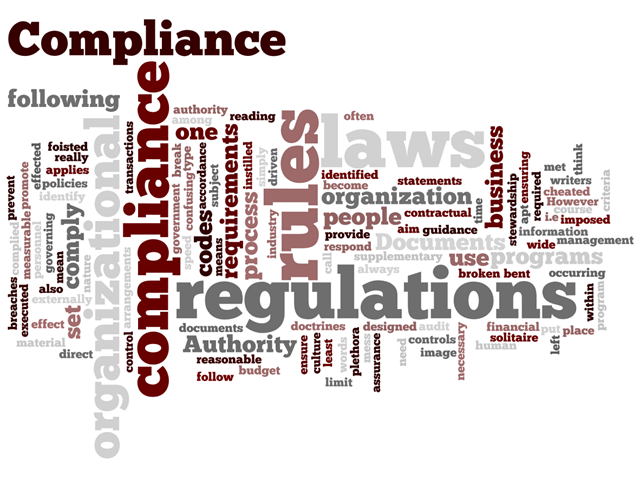A CEO’s Perspective
The financial crisis which shook global markets and financial institutions worldwide has forever changed the landscape with an era of sweeping regulatory change. The new regulatory landscape is placing demands on financial institutions in such areas as corporate governance, risk appetite, capital adequacy, stress tests, operational risk, technology data and information systems, and risk culture.

Risk management must respond to “the new normal”—an environment of continual regulatory change and ever more demanding expectations.
The complete report and key findings from the ninth annual Global Risk Management Survey published by Deloitte University Press can be found here: Global Risk Survey
Key Findings:
- More focus on risk management by boards of directors. Reflecting increased regulatory requirements, 85 percent of respondents reported that their board of directors currently devotes more time to oversight of risk than it did two years ago.
- The existence of a chief risk officer (CRO) position has grown to be nearly universal. In the current survey, 92 percent of institutions reported having a CRO or equivalent position, up from 89 percent in 2012 and 65 percent in 2002.
- Ninety-two percent of respondents said their institution either had an enterprise risk management (ERM) program or was in the process of implementing one, an increase from 83 percent in 2012 and 59 percent in 2008.
- Roughly two-thirds of respondents felt their institution was extremely or very effective in managing the more traditional types of operational risks, such as legal (70 percent), regulatory/compliance (67 percent), and tax (66 percent).
- Fewer respondents felt their institution was extremely or very effective when it came to other operational risk types such as third party (44 percent), cybersecurity (42 percent), data integrity (40 percent), and model (37 percent).
Summary
Financial institutions are adjusting to the new environment for risk management. Most institutions will need to enhance their risk management programs to stay current— improving analytical capabilities, investing in risk data and information systems, attracting risk management talent, fostering an ethical culture, and aligning incentive compensation practices with risk appetite. Financial institutions will need to develop the flexibility to respond nimbly to the “new normal” risk management environment of unceasing regulatory change.
Info Source: Deloitte Touche Tohmatsu Limited
Remain up-to-date on industry news / updates through our Twitter & Linkedin profiles.
*All images are property of their respective owners.